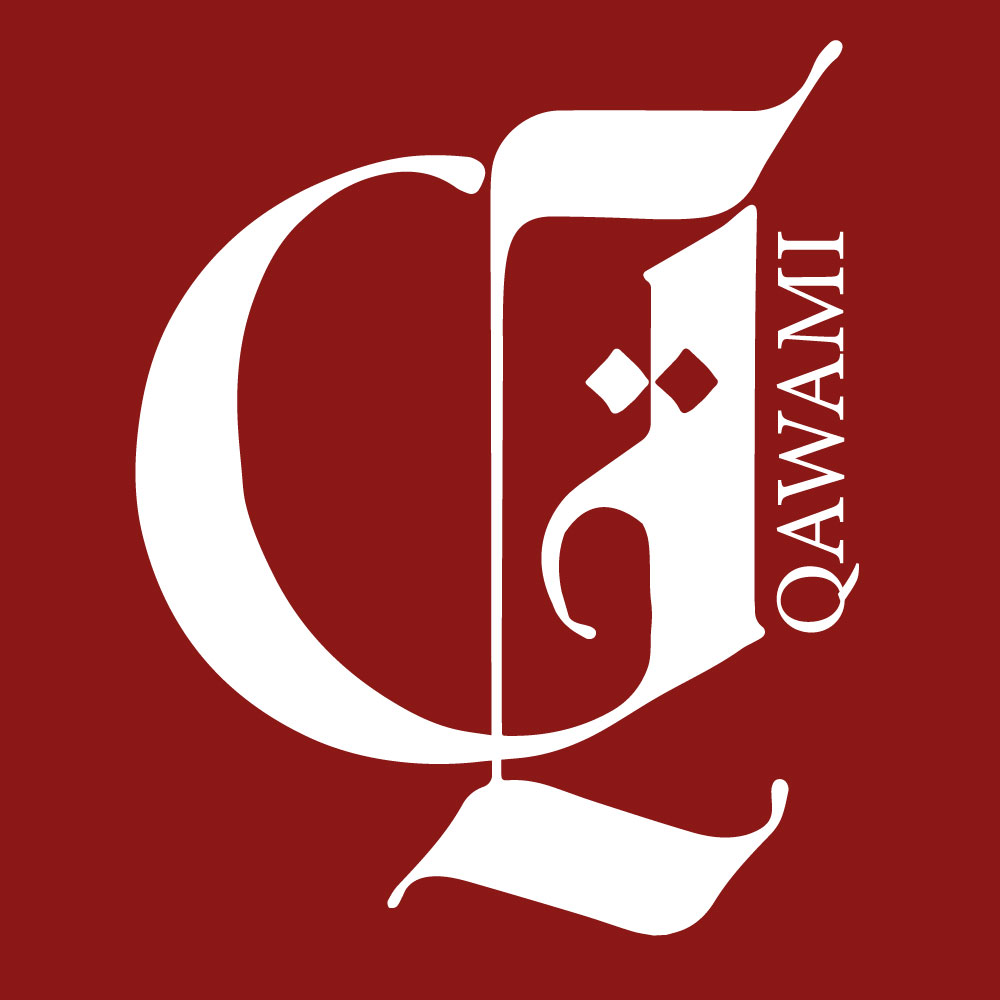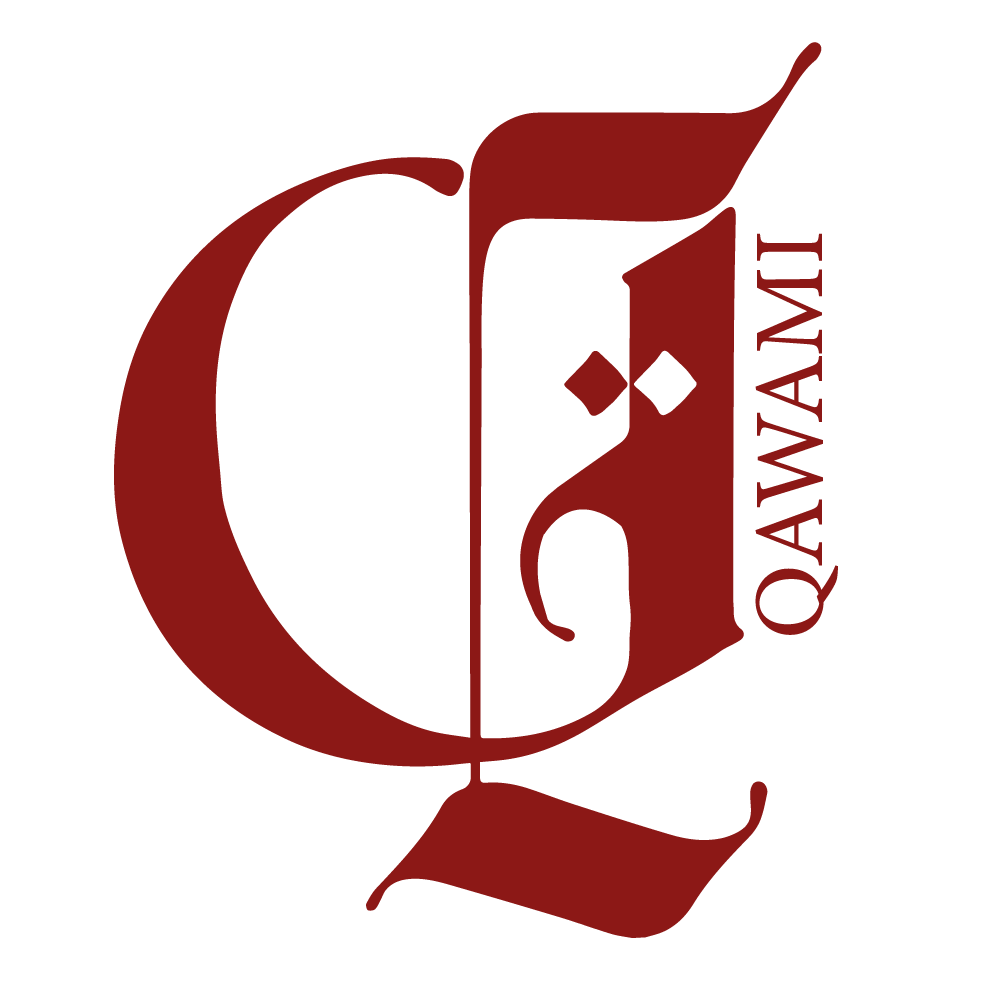The birth and expansion of Islam took place along with the gradual establishment of an original normative system and its institutions. The latter emerged in various configurations according to different times and geographies. Contact or confrontation with European-inspired modernity led to the upheaval of this normative system. In most societies with a significant Muslim community, it evolved into a system of positive law of a civil law type, most often, and to a lesser extent of a common law one. In some specific areas, especially that of family, previous Islamic normativity mutated into positive Islamic law.
More recently, under the influence of the globalisation of governance modes and particularly with the generalisation of the use of managerial norms, new normative systems emerged. The use of these norms, which take the form of indicators and standards, occurs either along or in conflict with positive legal rules, in a dynamic tending towards a normative (hyper)densification of contemporary societies. This phenomenon affects all social sectors, including those which are still governed, at varying degrees, by Islamic normativity.
The purpose of QAWAMI, Arabic acronym for al-Qawa‘id al-wad‘iyya min manzur islami (positive rules from an Islamic perspective) is to specifically address the phenomenon of positivisation and normative densification. The platform hosts different projects which address this general theme under different angles. It includes a database which gathers and publishes in open-access a maximum of scientific, legal, doctrinal, and media information. It also publishes articles, notes, and commentaries pertaining to specific aspects of this issue, describing the state of knowledge, or analysing current developments and debates.
The main languages of QAWAMI are French, Arabic, and English. However, through a system of summaries, keywords and translations, all languages used in Muslim-majority and Muslim-minority countries are welcome. The platform is participatory, in the sense that everyone is free to contribute to it.



